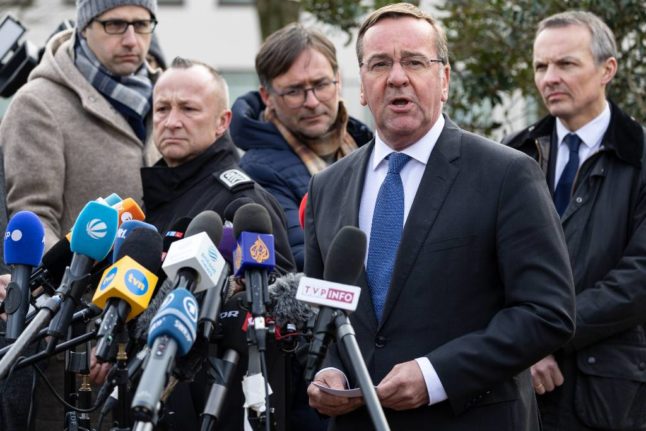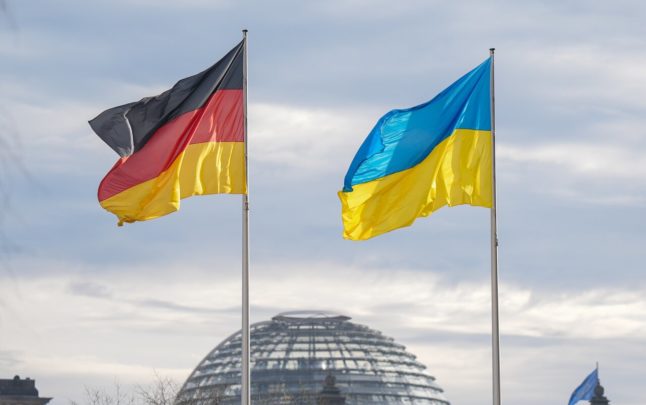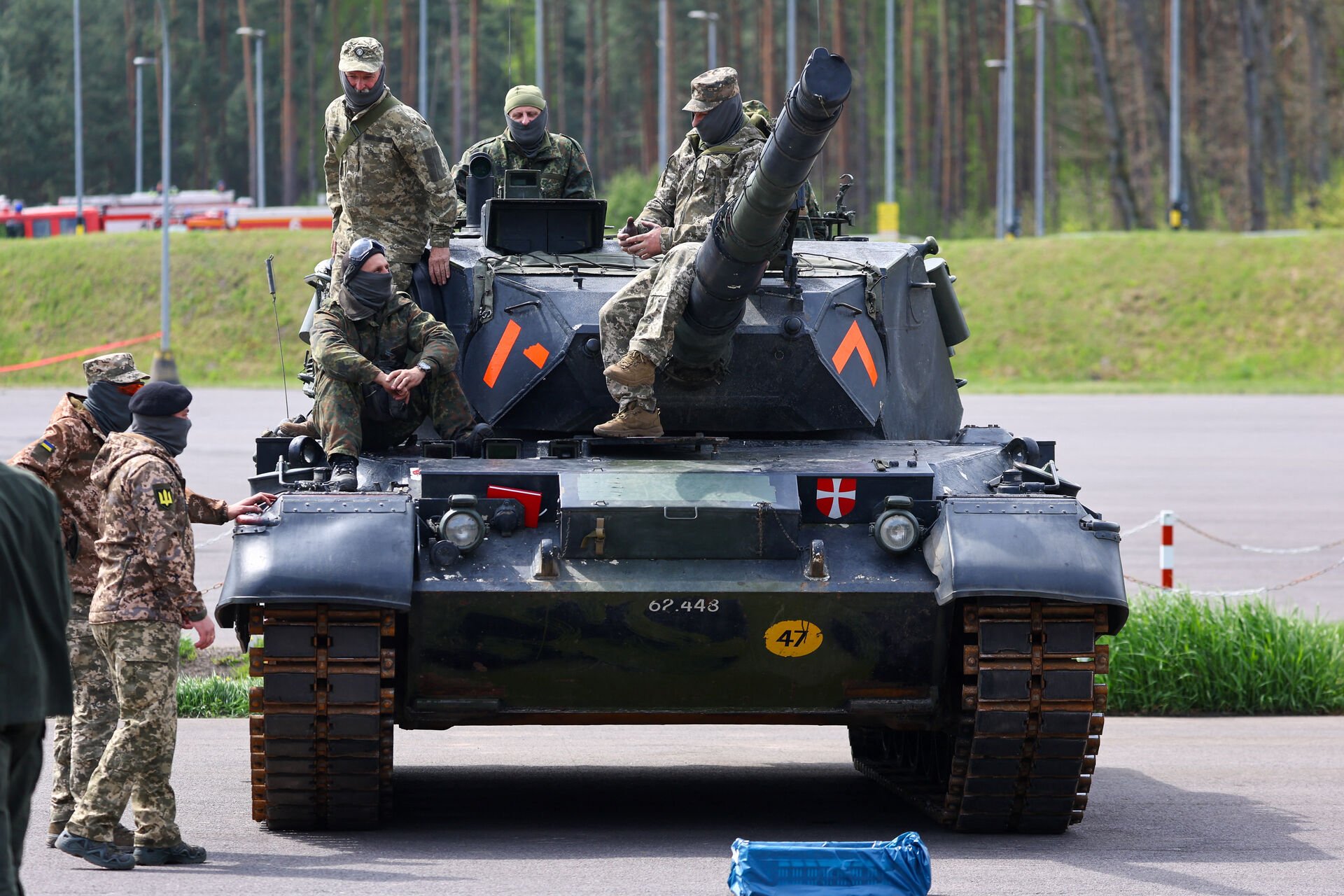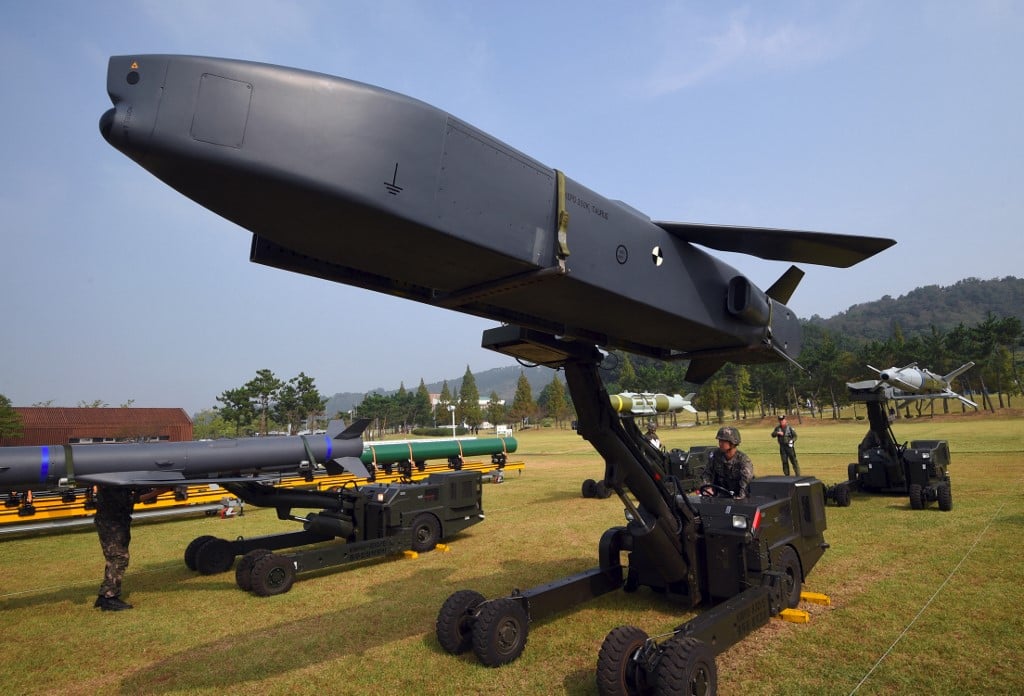On Friday, some 50 nations agreed to provide Kyiv with billions of dollars’ worth of military hardware, including ample armoured vehicles and munitions needed to push back Russian forces.
But German Defence Minister Boris Pistorius told reporters on the sidelines of the event at the US Ramstein Air Base that despite heightened expectations, “We still cannot say when a decision will be taken, and what the decision will be, when it comes to the Leopard tank.”
Ukraine on Saturday denounced the “global indecision” of its allies on providing heavy-duty modern tanks, saying “today’s indecision is killing more of our people.”
“Every day of delay is the death of Ukrainians. Think faster,” presidential adviser Mykhailo Podolyak tweeted.
Afterword to global indecision…
You'll help Ukraine with the necessary weapons anyway and realize that there is no other option to end the war except the defeat of🇷🇺
But today's indecision is killing more of our people. Every day of delay is the death of Ukrainians. Think faster— Михайло Подоляк (@Podolyak_M) January 21, 2023
Several allies echoed Ukrainian President Volodymyr Zelensky in saying the tanks were essential to Ukraine’s fight with its much larger neighbour.
In a joint statement — and a rare public criticism of Europe’s top power — the foreign ministers of the three Baltic states said they “call on Germany to provide Leopard tanks to Ukraine now.”
“This is needed to stop Russian aggression, help Ukraine and restore peace in Europe quickly. Germany as the leading European power has special responsibility in this regard,” said the statement, tweeted by Latvian Foreign Minister Edgars Rinkevics.
Germany has been hesitant to send the Leopards, or allow other nations to transfer them to Kyiv, with reports earlier in the week saying it would agree to do so only if the US provided its tanks as well.
Washington has said it could not provide its Abrams tanks to Ukraine, citing difficulties in training and maintenance.
US Senator Lindsey Graham, a Republican from South Carolina who is currently visiting Kyiv, called on both sides to supply the machines.
“To the Germans: Send tanks to Ukraine because they need them. It is in your own national interest that (Russian President Vladimir) Putin loses in Ukraine.”
“To the (US President Joe) Biden Administration: Send American tanks so that others will follow our lead,” he said.
READ ALSO: Leopard 2: What is the German tank long sought by Ukraine?
The pleas came as the Russian army said its troops had launched an offensive in Ukraine’s Zaporizhzhia region, where fighting intensified this week after several months of an almost frozen front.
In its daily report on Saturday, Moscow’s forces said they carried out “offensive operations” in the region and claimed to have “taken more advantageous lines and positions”.
Funeral
In Kyiv on Saturday, Zelensky attended the funeral of his interior minister and other officials who were killed in a helicopter crash outside the capital on Wednesday.
Denys Monastyrsky, who as interior minister was one of Zelensky’s top aides, became the highest-ranking Ukrainian official to die in the war that Russia launched on February 24th, 2022.
The cause of the helicopter crash that killed him and 13 others when the chopper crashed near a kindergarten, was still under investigation.
US officials said Ukraine still faces an uphill battle against Russian forces, who still occupy one-fifth of the country, 11 months after invading.
But they spoke of a possible campaign in the coming weeks by Ukraine to retake parts of its land.
US Joint Chiefs Chairman General Mark Milley pointed to the substantial amount of equipment — much of it armoured vehicles and artillery — that Ukraine was being pledged at Ramstein, as well as the large-scale training of its forces by allies.
“I do think it’s very possible for the Ukrainians to run a significant tactical or even operational-level offensive operation to liberate as much Ukrainian territory as possible,” Milley said.
But the Kremlin warned on Friday that Western tanks will make little difference on the battlefield.
“One should not exaggerate the importance of such supplies in terms of the ability to change something,” Kremlin spokesman Dmitry Peskov told reporters.





 Please whitelist us to continue reading.
Please whitelist us to continue reading.
Member comments